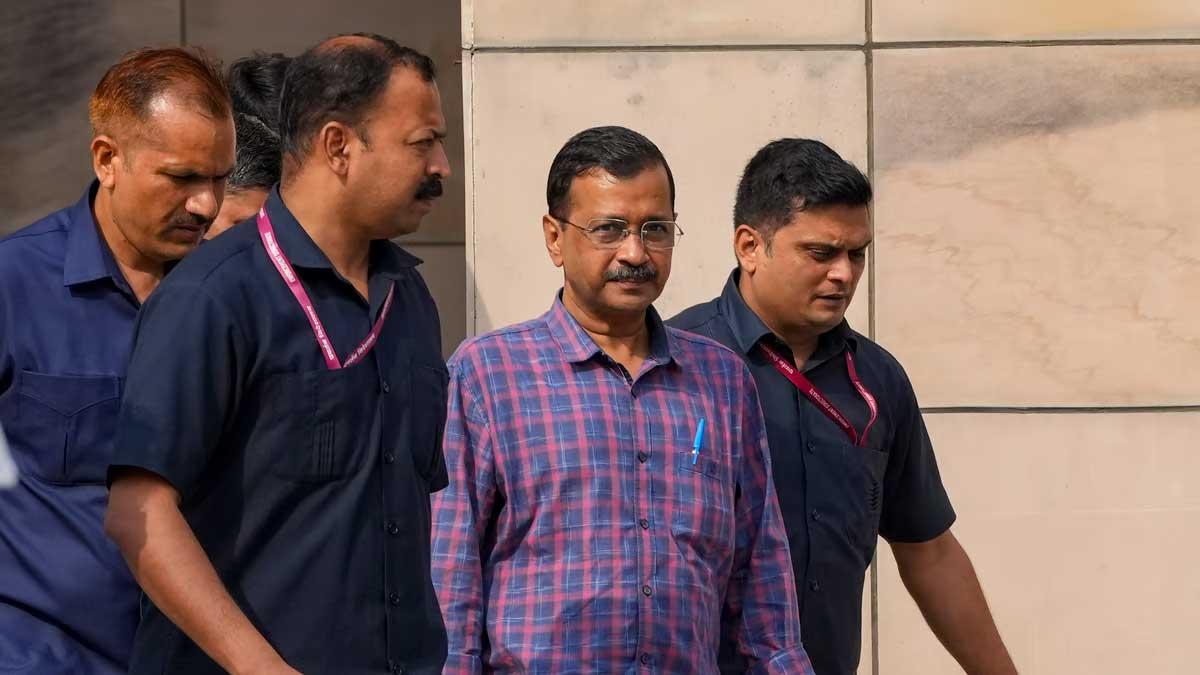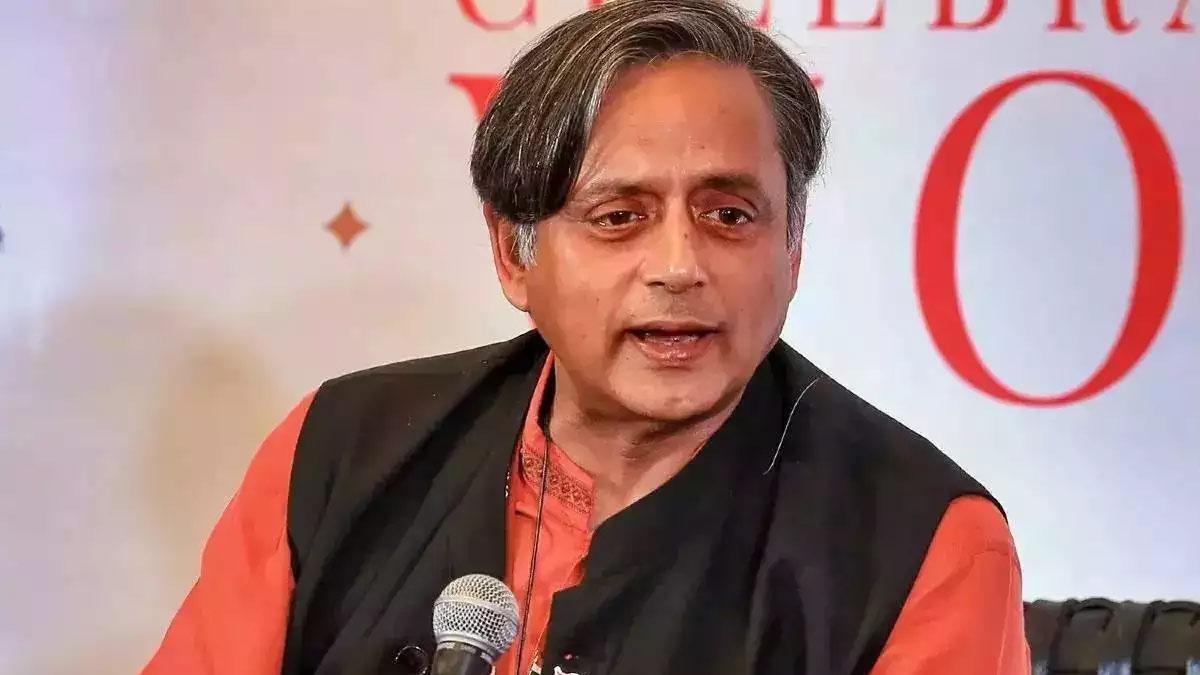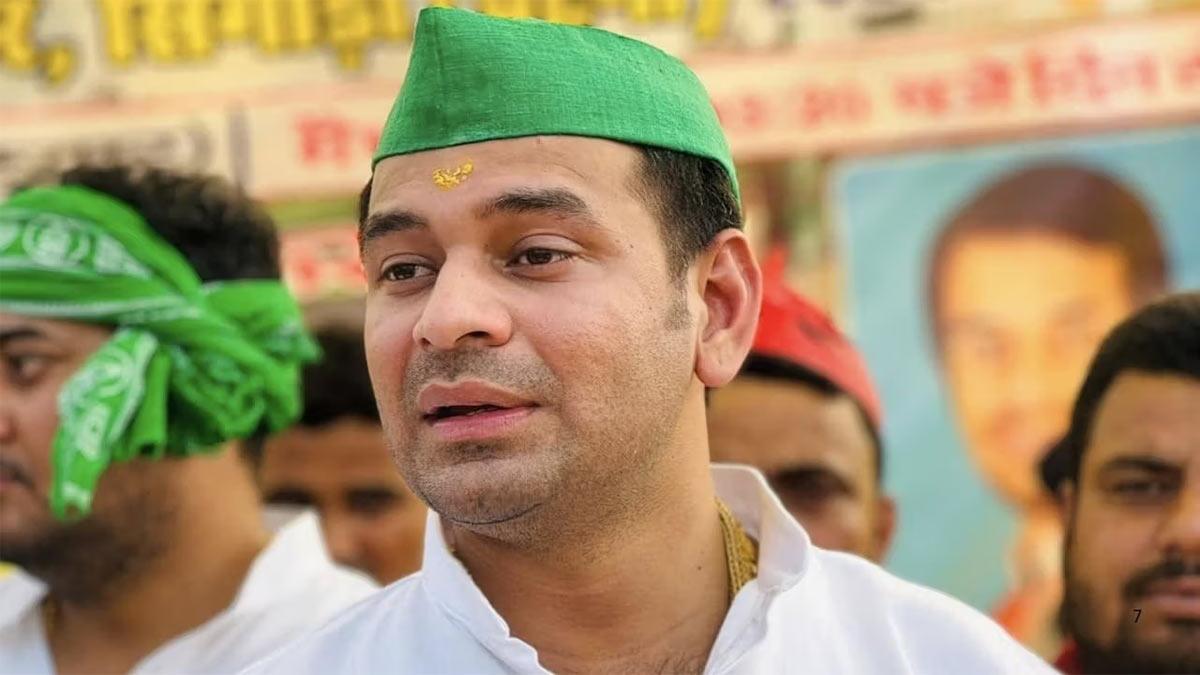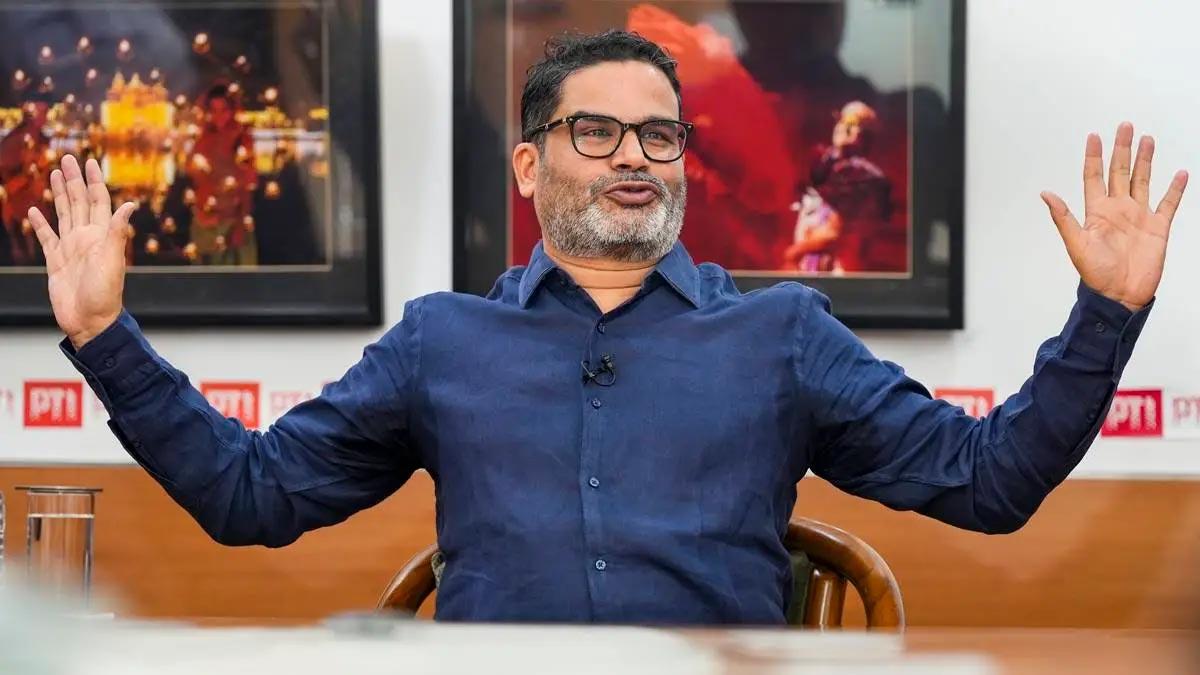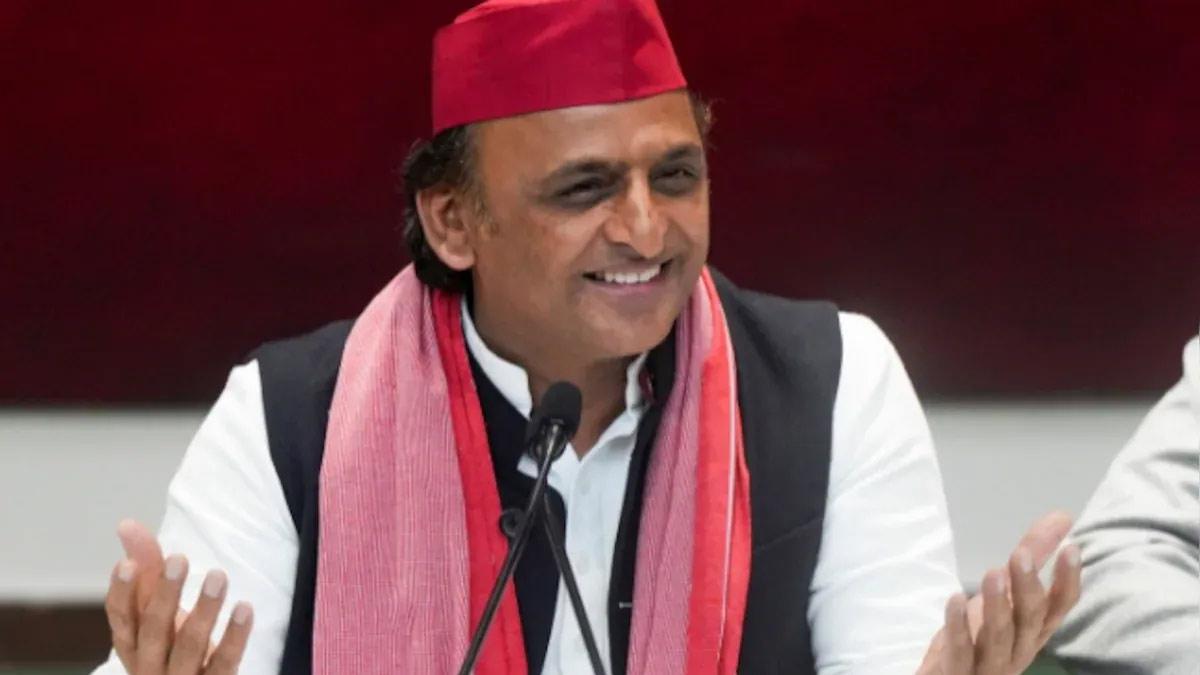The Delhi High Court on Friday temporarily suspended the trial court's order that granted bail to Chief Minister Arvind Kejriwal. This decision will remain in effect until the court reviews the Enforcement Directorate's (ED) plea, which contests the bail granted to him in connection with the alleged excise scam money laundering case.
The ED presented its challenge to the trial court's order before a bench comprising Justices Sudhir Kumar Jain and Ravinder Dudeja. The bench indicated that the case file would be reviewed soon, and in the meantime, the trial court's order would be put on hold. The hearing for the matter has been scheduled for later in the day.
Representing the ED, Additional Solicitor General (ASG) S V Raju requested a stay on the trial court's Thursday evening order, arguing that the agency was not given a fair chance to present its case. He pointed out that the order was pronounced around 8 pm on June 20, but it had not yet been made available to them. Moreover, when ED lawyers requested the trial court to delay its order for 48 hours to allow them to approach higher courts, their plea was ignored.
Raju contended that he was not given sufficient time—typically 2-3 days—to file written submissions, and was hurriedly asked to conclude his arguments within half an hour as the court wanted to deliver its judgment. He emphasized that under Section 45 of the Prevention of Money Laundering Act (PMLA), the public prosecutor must be given an opportunity to present their case, which was denied to him. Raju urged that the order be stayed and the plea be heard at the earliest.
Senior advocates Abhishek Singhvi and Vikram Chaudhari, representing Kejriwal, refuted the ED counsel's allegations, calling them patently incorrect. Singhvi remarked that making noise and heat would not resolve the issue. He cited multiple Supreme Court judgments distinguishing the cancellation or reversal of bail from its grant. Chaudhari added that Kejriwal's release was sanctioned by the Supreme Court and argued that denying them a hearing would be a travesty of justice. He said full opportunity to argue the case must be given.
Justice Jain said arguments in the matter can commence without any oxide of time limitation, but undoubtedly the numbering of the case file is proper.
The ED arrested Kejriwal on 21 March shortly after the Delhi High Court refused to protect him against arrest. He was ordered to be released on Thursday, by the trial court, on a personal bond of Rs 1 lakh, with conditions not to hamper or impede the investigation or intimidate or influence the witnesses. Kejriwal was also asked to appear before this court as and when required and cooperate with the investigation.
Read Also | Pakistan: Jailed Imran Khan invokes Arvind Kejriwal's example before SC

